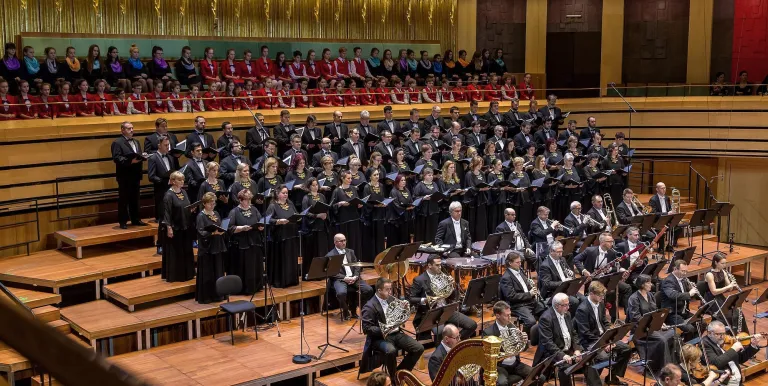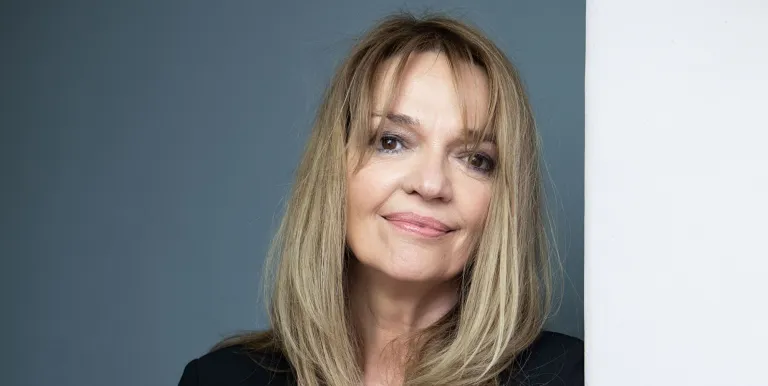one interval
Conductor:
Featuring:
Lully
Te Deum
Berlioz
Te Deum, op. 22
Lully and Berlioz were two revolutionary, era-defining masters of French music. And both wrote orchestral compositions using the text of one of the oldest Latin hymns, the Te Deum. The characteristic sound of Lully's composition, which was written nearly 350 years ago, perfectly encapsulates why this Italian-born composer was considered the father of the French Baroque style.
Even today, the fantastic dimensions and sumptuous instrumentation of Berlioz's piece make it a rare, indulgent delight. For church performances, the composer dictated that the organ and 170-person orchestra be placed as far away from each other as possible, that the choir should be in two sections, each with 100 singers, and that an enormous, 600-strong children's choir should stand some distance away. As if in an Italian cathedral, where the music washes over us from every corner. In the composition's finale, Berlioz departs from the atmosphere of reverent prayer to a vision of the last judgement. 'No composer has ever written a more awesome and monumental piece. If in his entire life Berlioz had only written this one movement, it would have been enough to ensure his name stays with us for perpetuity,' wrote György Kroó.
His Te Deum, however, is just as much spectacle as music. It is an oratorical fresco in the strictest sense of the term. In the orchestra we hear extraordinary and rarely used instruments, while the final movement features no less than 12 harps. When Berlioz conducted the piece himself in the Church of St Eustache in 1855, his brother wrote the following: 'I must tell you that this immense service, which won the acclaim of the vast audience, left me with the most wonderful impression. There was one enormously emotional moment when applause began ringing out in one corner of the church, though it was soon suppressed. It was colossal.'
Presented by: Hungarian Radio Music Ensembles
-
We wish to inform you that in the event that Müpa Budapest's underground garage and outdoor car park are operating at full capacity, it is advisable to plan for increased waiting times when you arrive. In order to avoid this, we recommend that you depart for our events in time, so that you you can find the ideal parking spot quickly and smoothly and arrive for our performance in comfort. The Müpa Budapest underground garage gates will be operated by an automatic number plate recognition system. Parking is free of charge for visitors with tickets to any of our paid performances on that given day. The detailed parking policy of Müpa Budapest is available here.










